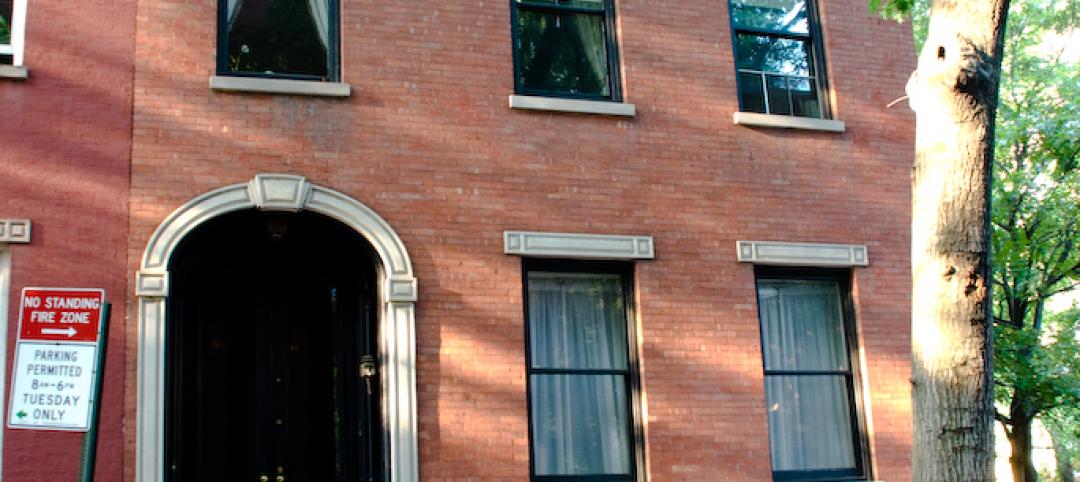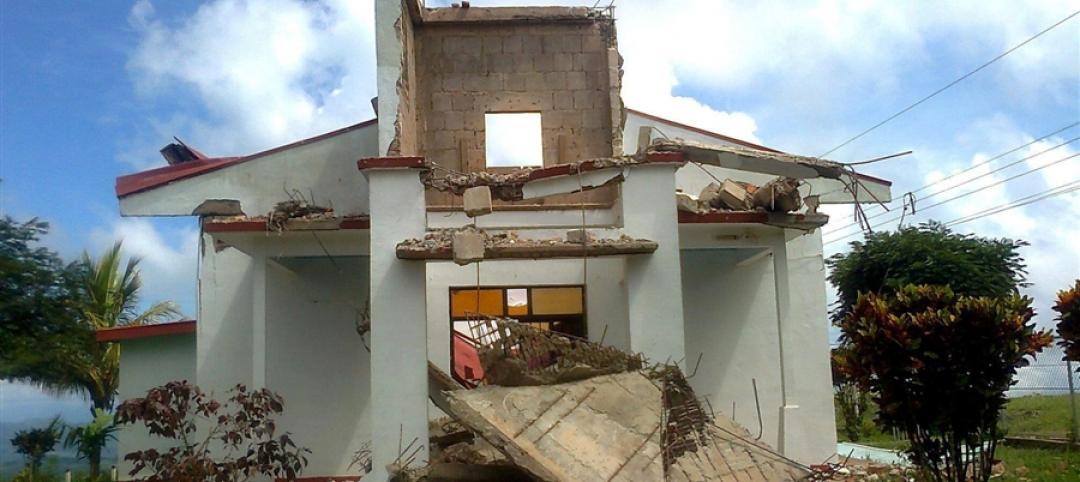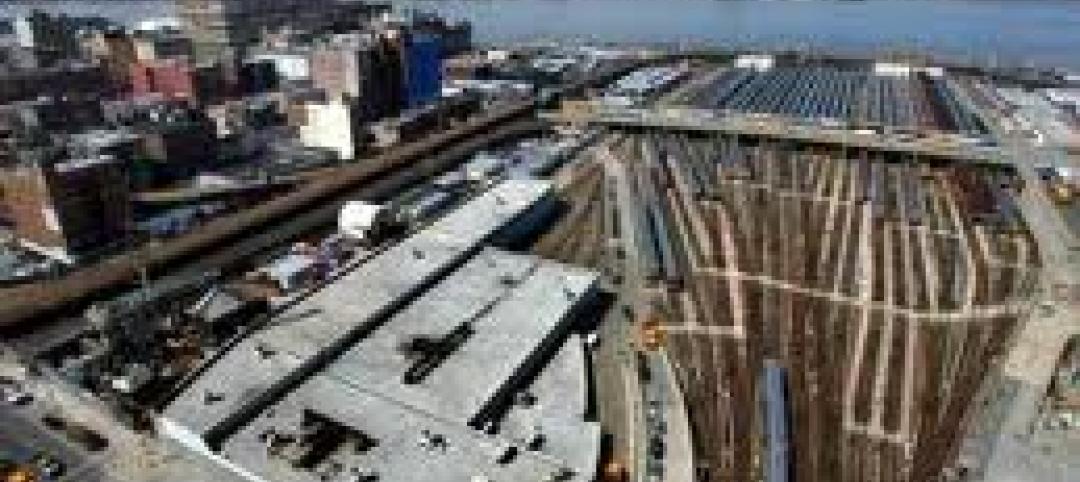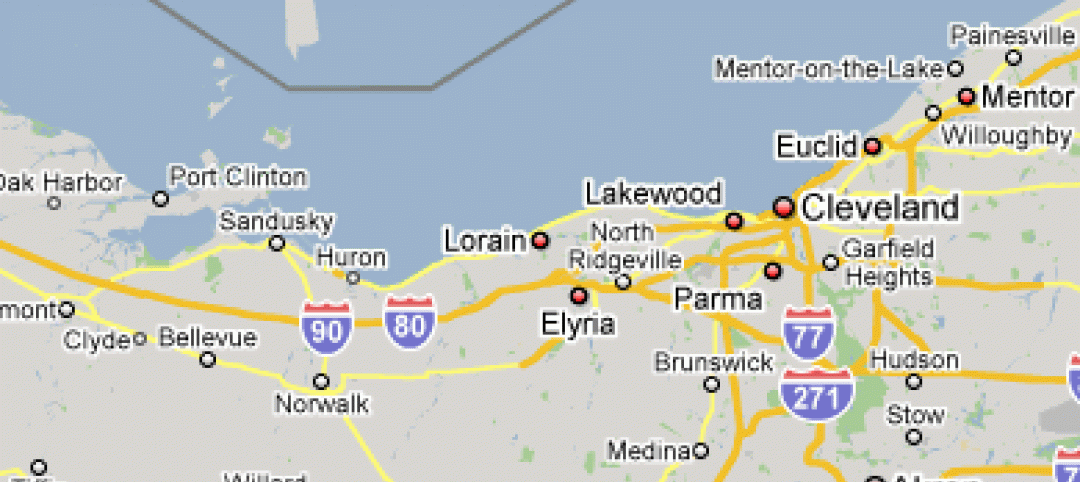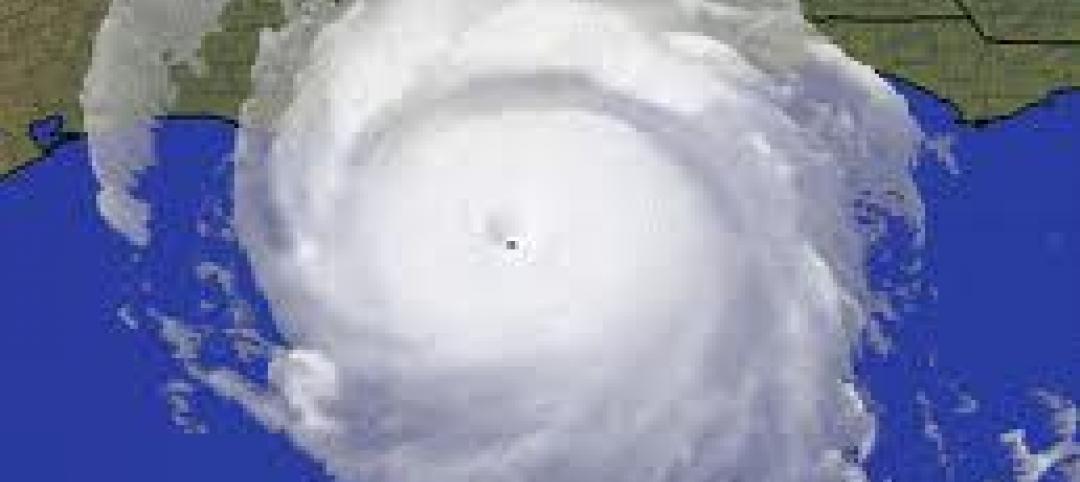OSHA’s in-person checks of construction sites have plunged by 84% during the COVID-19 pandemic.
The agency has focused its attention on virus transmission hazards in the health-care industry, according to OSHA data. In the first week of March, OSHA conducted about 395 construction inspections. The number of inspections at construction sites dropped to about 65 during the week of April 26.
Construction work has continued across much of the nation, as the federal government deemed it an essential industry. Some 975,000 construction workers became unemployed in April, but there were still 6.6 million people employed in construction.
If a construction hazard is less than an imminent danger, and unless there is a fatality, the likelihood of an inspection now is low, according to a trade union executive.
Related Stories
| Sep 14, 2012
To create more pedestrian-friendly neighborhoods, Chicago unveils safety plan
As more urban mixed-use and residential developments aim to encourage residents to walk and use mass transit, cities are addressing pedestrian safety.
| Sep 14, 2012
Worker killed in Brooklyn building collapse; overloaded floor decking blamed
One worker was killed after he and others plunged 40 feet through an unfinished upscale Brooklyn townhouse building.
| Sep 14, 2012
NRCA University offers photovoltaic class
NRCA University will offer a class called “Photovoltaic Roof Systems: Energizing Your Business” Oct. 16 in Philadelphia.
| Sep 14, 2012
Costa Rica’s strict building codes prevent major damage in powerful quake
The relatively little damage from a 7.6 earthquake was due in large part to strict building codes in Costa Rica, a country that has long enjoyed more stability, better governance, and stronger economic development than many of its Central American neighbors.
| Sep 14, 2012
Building codes should require continuous connection from roof to foundation, says IBHS chief
“One of the most effective ways to greatly increase a building’s strength and safety during hurricanes, tornadoes and straight-line windstorms is to be sure the building is tied together properly,” says Julie Rochman, president and CEO of the Insurance Institute for Business & Home Safety (IBHS).
| Sep 7, 2012
Related Companies and unions agree to wage-cutting deal on Hudson Yards
The Related Companies has won wage-cutting agreements with four dozen construction unions in its efforts to save money on the $15 billion development of Hudson Yards.
| Sep 7, 2012
Lorain, Ohio considers halting downtown construction while it works out development plan
Construction would stop downtown for six months while Lorain, Ohio officials consider a development plan for the city, according to new legislation.
| Sep 7, 2012
Business, labor groups push for easing of California’s Environmental Quality Act
Business and labor groups have combined forces to push for a change to California's Environmental Quality Act, specifically its complex review process for building and construction projects.
| Sep 7, 2012
Twenty years later, Florida contractors cite Hurricane Andrew as construction game-changer
Remarking on the 20th anniversary of Hurricane Andrew, which devastated south Florida; contractors are noting the storm’s impact on their industry—including the state’s adoption of tougher building codes.
| Sep 7, 2012
At risk for nine types of natural disasters, Texas trails most coastal states on building codes
Texas has the most diverse weather risk in the country, with exposure to nine different types of natural disasters.




